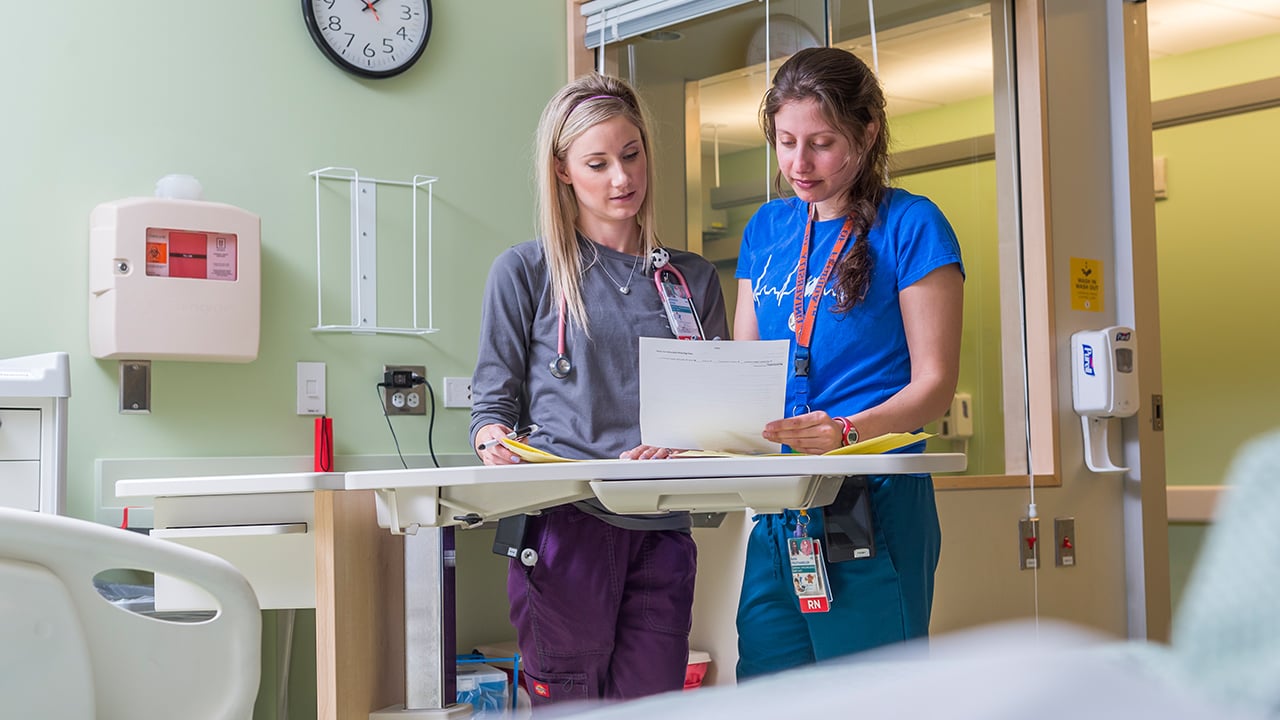- Doctors & Departments
-
Conditions & Advice
- Overview
- Conditions and Symptoms
- Symptom Checker
- Parent Resources
- The Connection Journey
- Calm A Crying Baby
- Sports Articles
- Dosage Tables
- Baby Guide
-
Your Visit
- Overview
- Prepare for Your Visit
- Your Overnight Stay
- Send a Cheer Card
- Family and Patient Resources
- Patient Cost Estimate
- Insurance and Financial Resources
- Online Bill Pay
- Medical Records
- Policies and Procedures
- We Ask Because We Care
Click to find the locations nearest youFind locations by region
See all locations -
Community
- Overview
- Addressing the Youth Mental Health Crisis
- Calendar of Events
- Child Health Advocacy
- Community Health
- Community Partners
- Corporate Relations
- Global Health
- Patient Advocacy
- Patient Stories
- Pediatric Affiliations
- Support Children’s Colorado
- Specialty Outreach Clinics
Your Support Matters
Upcoming Events
Child Life 101
Wednesday, June 12, 2024Join us to learn about the work of a child life specialist, including...
-
Research & Innovation
- Overview
- Pediatric Clinical Trials
- Q: Pediatric Health Advances
- Discoveries and Milestones
- Training and Internships
- Academic Affiliation
- Investigator Resources
- Funding Opportunities
- Center For Innovation
- Support Our Research
- Research Areas

It starts with a Q:
For the latest cutting-edge research, innovative collaborations and remarkable discoveries in child health, read stories from across all our areas of study in Q: Advances and Answers in Pediatric Health.


Nurse Scientists and Nursing Research

The nurse scientist role links the clinical world with the academic world, which is why our Nurse Scientist Program is a partnership between the University of Colorado, College of Nursing and Children's Colorado. Through this joint program, we contribute new knowledge to the pediatric healthcare industry.
A nurse scientist is a nurse with advanced preparation (PhD) in research principles and methodology, who also has expert content knowledge in a specific clinical area.
Meet the Nurse Scientist Program team at Children's Colorado.
Primary focus of our nurse scientists:
- Provide leadership in the development, coordination and management of clinical research studies
- Provide mentorship and education for research
- Lead evaluation activities that improve outcomes for patients
- Contribute to overall health sciences knowledge
Goals of the Nurse Scientist Program:
- Developing programs of research
- Modeling evidence-based practice by using the best evidence for decision-making including current research, clinical expertise and patient/family values and preferences
- Advancing and ensuring the conduct of research, quality improvement (QI), and evidence-based practice (EBP) activities throughout the Division of Patient Care Services
- Promoting the dissemination of findings from nursing research, EBP and QI projects at local, national and international forums and through professional publication
Current nurse scientist initiatives:
- Nursing mentorship: Nurse scientists mentor nurses on research projects, data analysis or dissemination.
- Nursing research fellowship: The purpose of the research fellowship is to educate nurses on research principles and processes and to complete a nurse-driven research study. The research question will be chosen by the research fellow, in collaboration with a faculty nurse scientist who will act as a mentor for the fellowship and will provide the necessary research education resources and supervision.
- Nurse research, EBP and QI council: The purpose of the council is to advance EBP and QI to impact clinical and leadership practices and nursing science through research to contribute to pediatric healthcare and nursing practice.
- Nursing grand rounds: The purpose of Nursing Grand Rounds is to disseminate projects, research, EBP, QI, or program evaluation findings that have improved healthcare outcomes and/or enhance the patient, family and staff experience.
- Educational workshops on research, EBP, QI and dissemination: The purpose of each Research and EBP workshop is to provide knowledge and skills focused on research, EBP and QI. Each workshop will be facilitated by experts focused on EBP, program evaluation, QI or research.
- National Pediatric Nurse Scientist Collaborative (NPNSC): NPNSC hosts monthly conference calls and an annual conference designed specifically for pediatric nurse scientists. Through lectures and discussion, the goal of the meetings and annual conference is for participants to enhance their knowledge of the nurse scientist role and to foster collaboration in pediatric research endeavors.
The Nurse Research Fellowship Program
The Nurse Research Fellowship Program teaches basic research skills to highly motivated bedside nurses, advanced practice nurses, clinical nurse specialists and caregivers in allied health disciplines. The program uses internal mentorship to immerse participants in research.
About the Program:
- Classes last 12 months followed by six additional months of supervised research execution and protocol implementation.
- Fellows meet with their mentors for individualized consultation throughout the fellowship.
- Fellows are expected to attempt to acquire funding as needed, obtain COMIRB approval, complete their study and present and publish their findings.
- Fellows receive four hours of protected time per week to participate in the program for 18 months. After graduation, they continue to work with their mentors until they complete the expectations of the program.
- Five to 10 fellows are accepted into a cohort.
For more information on conducting research at Children's Colorado sites or for more information on current programs, please contact us at NursingResearch@childrenscolorado.org.



 720-777-0123
720-777-0123



